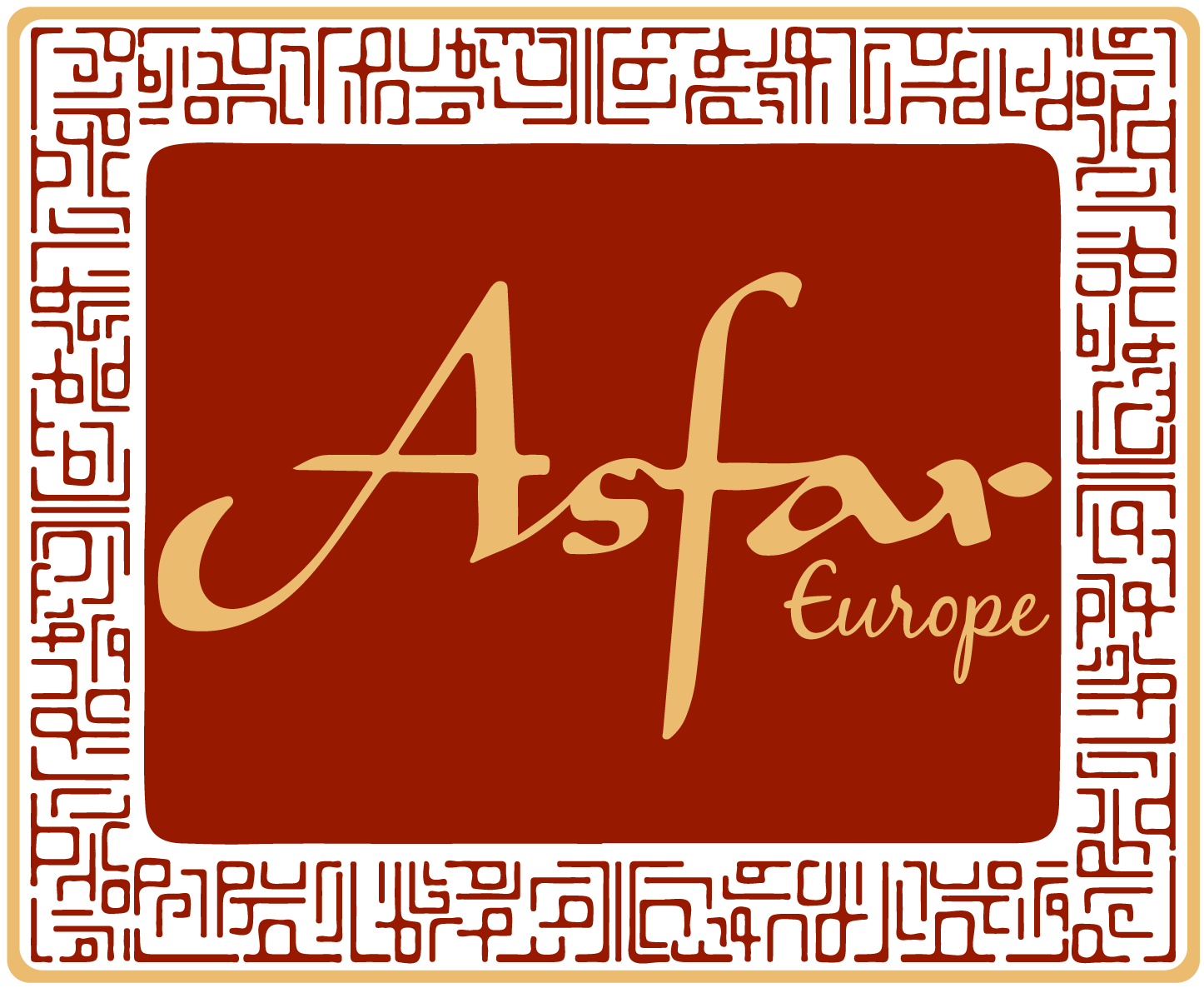Welcome to Asfar’s December 2015 e-journal edition.
Understandably, the focus of this edition falls largely on the ongoing humanitarian crisis in Syria. Regular contributor Rich Quinlan looks at the debate over the refugee crisis in Europe and North America, while Jesse Delbridge takes us into the world of big data, explaining how it is being used to react to developments in the Syrian Civil War.
In another related pair of articles, Sawsan Bastawy adds the second part to her series on Women’s Rights in Post-Revolution Egypt, and shares with us a short interview and insight into the life and work of a young Egyptian photographer, Belal Wagdy. His work has helped to document Egyptian street protest, pre- and post-revolution.
Remaining in the south-eastern Mediterranean region, Hamza Beg looks into the life of the complex and controversial Second World War-era Grand Mufti of Jerusalem, Amin al-Husseini. Starting with his oft-referenced – and recently grossly misrepresented –meeting with Hitler at the height of Nazi Germany’s power in 1941, Hamza analyses the body language of the men in the photograph as a jumping-off point to explore the context of the meeting and the motivations of the Grand Mufti more deeply.
Moving on to the Caucasus, University of Lisbon academic Marcos Farias Ferreira takes us on an idiosyncratic, amusing, and thoroughly interesting tour of Georgia, Armenia, and the unrecognised Nagorno-Karabakh Republic. He explores the region as it is in 2015, but leaves us with a pervading sense of loss of the past, whether in the frozen conflict over Karabakh/Qarabağ between Armenia and Azerbaijan, the frequent reminders of the legacy of the Soviet Union, or the loss of the cosmopolitanism of the pre-nationalist era. It reminds me of a comment that a Turkish friend of mine made earlier this year, while attending the ceremony in Taksim Square, İstanbul, for the centenary of the Armenian Genocide: the Turkish denial of the past poisons both countries, by disallowing them from moving on, keeping them frozen in the past. This is surely the same of the legacy of many conflicts around the world.
We also have an update on the recent goings-on at Asfar from director Sheniz Tan. This includes a video from one of our recent Erasmus+ exchanges, and a wealth of information on those programmes and how to get involved.
For me, Erasmus+ is the most exciting thing that Asfar is doing at the moment. Not only is it a wonderful opportunity for young people from all backgrounds to get together, share their experiences, and develop new skills, but I also believe very strongly in the value of exposure to other cultures as a tool for personal development.
Getting to know a different culture can completely change your frame of reference. In an attempt to avoid the seasonal obsession with a narrow set of Christmas songs, generally written between 1973 and 1984, I have been exploring the back catalogue of Barış Manço (pictured), the Turkish cross between Noddy Holder and Lemmy from Motörhead – though musically perhaps closer to Jeff Lynne – who possessed the sort of everyman personable nature and sex appeal to front his own television series, shown here as he introduces his children’s song Arkadaşım Eşşek (My Friend Donkey). Following his sudden death in 1999, millions of Turkish people went into mourning, and thousands attended his funeral. I lived for a while opposite his old house in the Moda district of İstanbul, which is now a museum dedicated to his life. People visited every day.
In anticipation of an upcoming Christmas party at a friend’s house (where there is a spare room set up specifically for the house guitars), I have been re-learning popular Turkish rock group Duman‘s 2002 hit Bu Akşam (Tonight) on the guitar, as a further entertaining and unexpected reaction to the normal Christmas jingles. Perhaps, considering that as young(er) men we were life members of the terrible bi-weekly Durham University metal night ‘Full Collapse’ (and I don’t even particularly like metal), something by Papa Roach or System Of A Down would be more appropriate. Ironically, I find the Turkish-language lyrics much easier to understand and memorise than those in heavy metal.
While these are somewhat trivial examples of cultural acclimatisation, it is equally true that I have begun to associate the dreary grey days of December in İstanbul, and the lights and trees set up for Yılbaşı – a New Year celebration that apes North American Christmas traditions – with the festive period, as much as I do the traditions that I grew up with in the UK.
Becoming a cultural polyglot can only be beneficial to the individual involved, as well as their wider circle of friends and family, and ultimately society as well, as they return home and share their experiences. Admittedly, I was exposed to Turkish culture for more than a week, but having met the participants on the İstanbul trip, I know that they still managed to take an awful lot from their experience in the short time that they visited. These exchanges really are something special, and I recommend them wholeheartedly to our readership, whether you would wish to take part yourself, or pass on the word to others who may be interested.
The full list of articles in this edition is as follows:
- Women’s Rights in Post-Revolution Egypt, Part II by Sawsan Bastawy
- Don’t Share, Just Listen: Bringing Silicon Valley tech to the Syrian conflict by Jesse Delbridge
- The Photography of Belal Wagdy by Sawsan Bastawy
- Husseini, Hitler, and Interlaced Fingers by Hamza Beg
- When Politics and Ethics Collide: The Question of the Syrian Refugees by Rich Quinlan
- Prometheus (un)Bound: Wandering Around the Post-Cosmopolitan Worlds of the South Caucasus by Marcos Farias Ferreira
- Asfar and Erasmus+ 2015 by Sheniz Tan
I really hope that all of our readers enjoy this edition, and extend my thanks to all of those involved.
Joel Butler
Senior Editor
